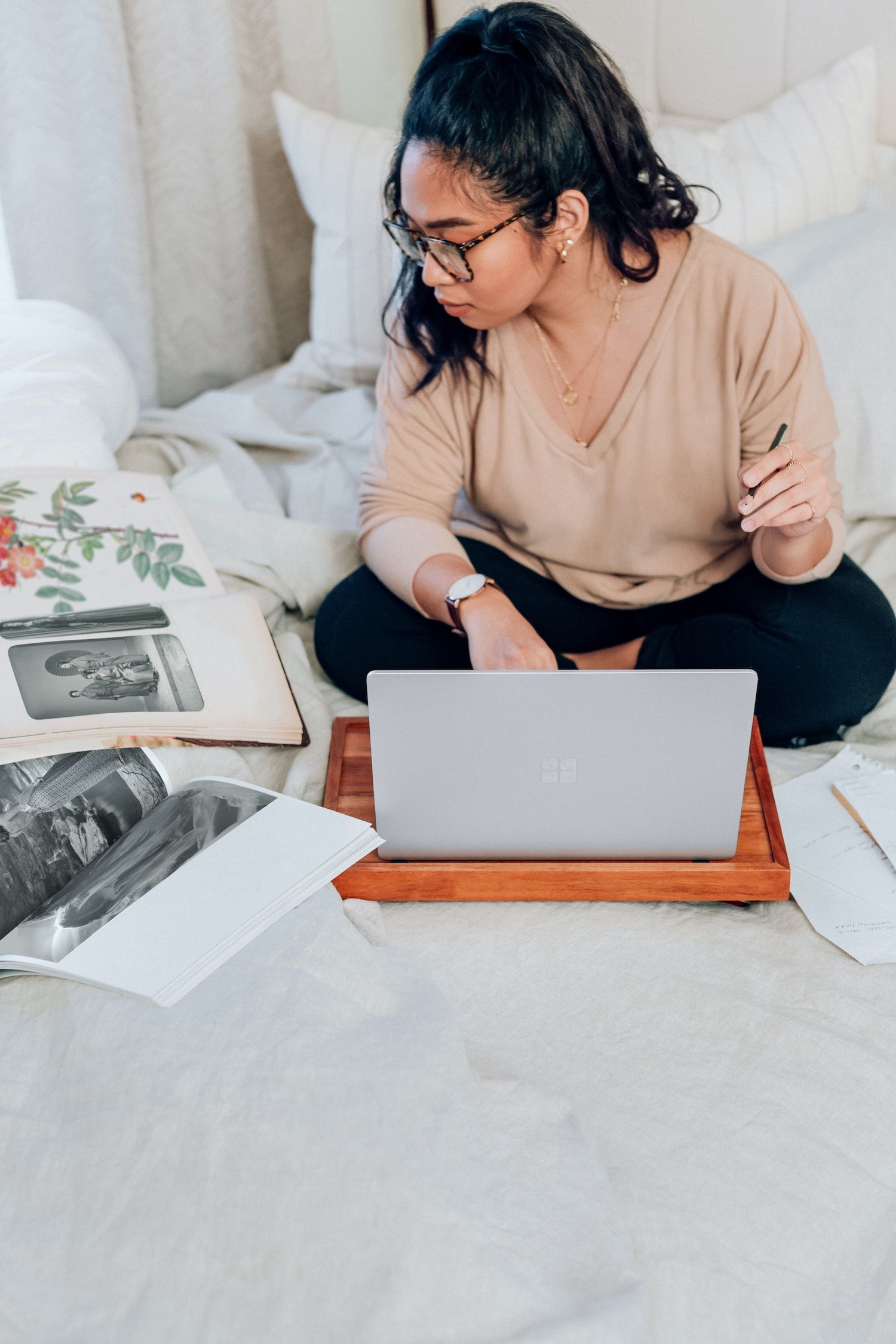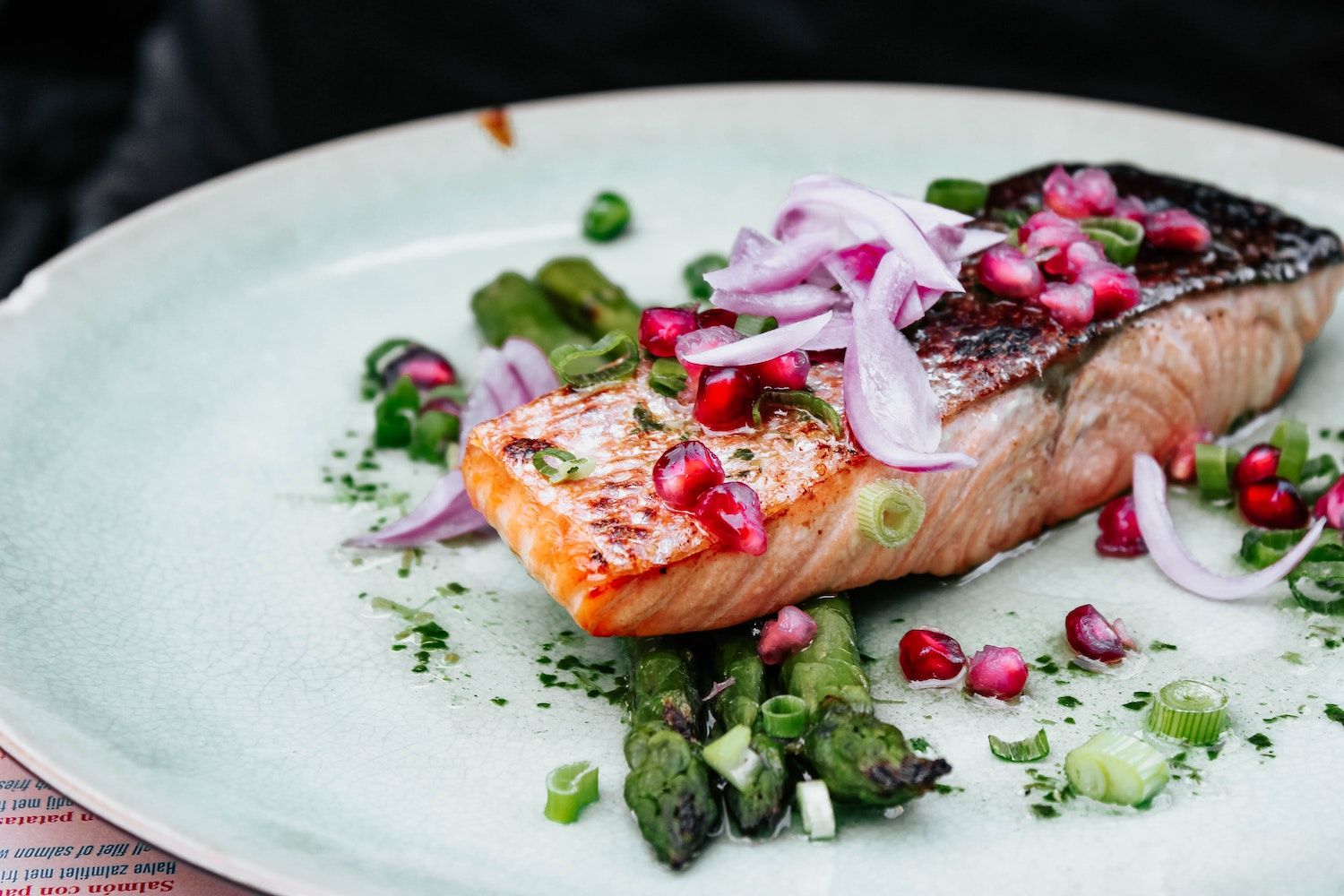Finding it difficult to focus right now? You’re not alone. Here we explore some tools that can help you find a way through the fog
One of my colleagues described it perfectly this morning, ‘walking through treacle’. This is how a lot of us are feeling, lethargic, unmotivated and finding it difficult to concentrate. There is a reason for this and it’s down to the way our brains process threat.
The limbic system in our brain or ‘creature brain’ is mainly concerned about whether or not we’re still alive. With the current pandemic, this part of our brain is working overtime. Whether we’re consciously thinking about it or not, our brain is aware there’s a worldwide threat and our creature brain is on high alert.
Then there’s our prefrontal cortex, the part that does the majority of the thinking, deciding and planning. Because so much energy is being used in our creature brain, our prefrontal cortex is well… a bit exhausted.
As someone with anxiety I became familiar with this phenomenon pre-lockdown. When I’m having an anxiety flare-up, my ability to make a decision flies promptly out the window. I also find it difficult to focus and stringing words together becomes a challenge (not ideal when you’re a writer!). So it’s not surprising that right now more and more of us are finding it hard to focus.
“This lack of concentration, feeling of low motivation and a heavy feeling in the head is recognised as ‘brain fog’ and leaves you feeling as though you’re unable to concentrate on the simplest of things.”
NLP practitioner Rebecca Lockwood sums up what many of us are experiencing. So here comes the golden question… What can we do about it? Here we look at eight tools that can support us as we engage our prefrontal cortex and find our focus.

1. Check in with yourself
Self-awareness and tuning into our needs has never been more important. If our needs are not being met, it can make the idea of focusing even more difficult. Rebecca suggests a simple act of placing your hand on your heart and breathing deeply, asking yourself “who am I?” and not expecting a response.
“Feel grateful for your body, for your heart and the simplest things, such as the wind on your face, the sounds of the birds.”
2. Take regular breaks
The days are feeling pretty monotonous at the moment, with many of our new lockdown routines staying consistent day to day. To avoid burning out or feeling bored of doing the same thing day after day, Rebecca suggests taking breaks often, especially if you’re getting frustrated by your inability to concentrate.
“Every so often take a time out and release any judgement you may have towards yourself and what you are able to get done.”
3. Eat foods high in omega-3
What we eat has a big impact on our mood and certain nutrients can help improve cognitive function (helping us think and process) and motivation. In her article, Six foods that help to improve concentration, nutritionist Claire Hargreaves notes that foods high in omega-3 have a favourable effect on memory and mood.
“Particularly foods such as oily fish (salmon, trout, mackerel, sardines), flax seeds, walnuts, and eggs, which are all great for improving concentration and motivation. They improve cognitive function, which means they help with the brain’s ability to think and process.”

4. Try the pomodoro technique
When you really need to get something done and need a boost of motivation, the pomodoro technique is something I recommend to everyone. The aim is to set a time for 20 minutes and focus on one task during that time, getting as much done as possible before taking a break, then setting the timer for another 20 minutes.
Rebecca agrees, “Whilst doing this it would also help to think about a time in the past when you felt really motivated to do something. Allow yourself to tap back into those feelings and then set the timer.”
5. Enjoy moderate amounts of caffeine
If caffeine aggravates your anxiety, steer clear, but if not – nutritionist Claire explains in her article that caffeine can be a great tool for concentration and motivation.
“Green tea and dark chocolate are the best sources, as these contain specific antioxidants called polyphenols that improve brain function and decrease cell death.
“Although caffeine is great when you need an instant boost, try not to rely on this all the time, as excessive intake will have the opposite effect.”
6. Stay hydrated
A 2018 study published in Medicine & Science in Sports & Exercise found that mild dehydration can impair cognitive performance, particularly when completing tasks involving attention, executive function, and motor coordination.
Staying hydrated therefore is a must when you need to focus, “drinking water will really help support your mind to clear, especially when you first wake up in the morning,” Rebecca explains. Make sure you’re starting your day with a glass of water and keep some water with you while you work.

7. Embrace mindfulness
I know for me, when I’m feeling anxious my mind drifts far into the future and back into the past regularly. I can often find myself staring at a wall for 10 minutes realising I’ve done nothing but worry or ruminate. This is why mindfulness is encouraged for those living with anxiety, it brings us back into the present moment which is, generally, a nicer place to be.
There are lots of mindfulness and meditation apps that can support you here (I personally love Headspace and Calm) or you can set an alarm to go off at various intervals where you can stop and focus on being in your body.
“Feeling into your feet can help you feel grounded and back in the here and now. This will help you stop your mind wandering and you will be able to check back into what you are doing.” Rebecca says.
8. Consider your environment
A lot of us are now working from home and while this has been an adjustment, it can be a nice opportunity to shape your environment more to help you focus. Aromatherapy is a wonderful way to do this, try using uplifting scents like peppermint or citrus, or relaxing scents like ylang ylang and lavender. For more inspiration, take a look at these aromatherapy blends for difficult days.
Having a tidy environment can help too, so take a little time first thing in the morning to clear any clutter. Some well-placed crystals can also enhance the energy of the room, try carnelian to help with motivation and citrine for vitality.
And finally, there’s nothing quite like putting your headphones on and listening to the right music to inspire focus. I love instrumental tracks and low-fi beats when writing, but when I need a burst of energy I put on my personalised uplifting playlist and have a little chair-dance. Find what works for you and enjoy.

If you feel your lack of motivation and ability to focus has deeper roots, you may find it helpful to get some professional support. If you think your mental health is making things difficult, it can help to speak to a counsellor. If you think a lack or purpose or loss of direction may be the cause, working with a coach could give you the clarity you need to find your ‘why’.
Above anything else though, please be gentle with yourself and don’t put too much pressure on yourself to be productive. Our brain’s are dealing with a lot right now and it’s OK to give in to that feeling of tiredness sometimes by taking time off and introducing radical self-care.
We will feel motivated, inspired and focused again.


Comments